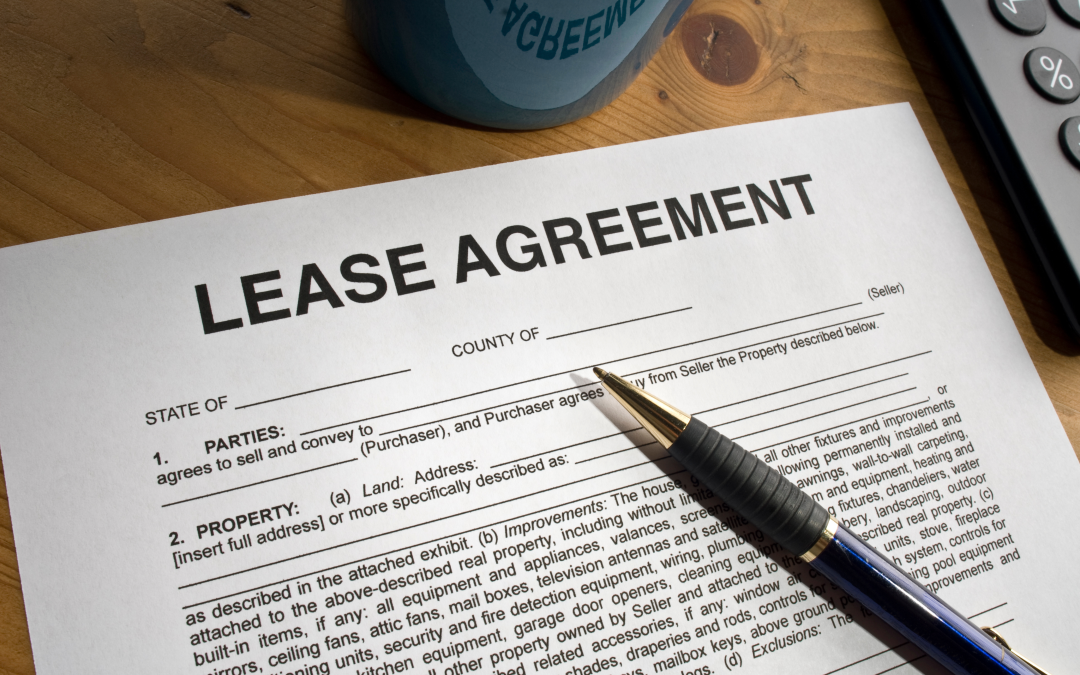Being a tenant without a signed lease agreement in Florida is legal; however, that does not mean it is advisable. If you are a tenant without a signed lease agreement in the State of Florida, then this article is for you. Read on to learn what you need to know.
Being a Tenant Without a Signed Lease Agreement Can Be Risky
A lease agreement is a contract that is made between a landlord and a tenant in which the tenant agrees to rent property from the landlord for a predetermined period of time and pays the landlord a predetermined sum of money in exchange for the right to possess and use the property during that period of time. Residential and commercial lease agreements can exist either in written or oral form.
According to Florida Statute 83.43(7), a “Rental agreement” is defined as any written agreement, including amendments or addenda, or oral agreement for a duration of less than one year, providing for use and occupancy of premises. This statute applies to both written and oral lease agreements.
Attorneys always recommend having signed a written lease agreement, regardless of whether the term is month-to-month, for a year, or even for a longer period of time. When the parties enter into a residential lease agreement in writing in the State of Florida, the contract lays out the essential terms and requirements of the tenancy. In the event that the parties involved in the tenancy have a disagreement or misunderstanding, the written lease agreement will almost certainly specify how the dispute is to be resolved.
Before signing any written lease agreement, however, we suggest conducting a walk-through inspection of the property first. Before moving into the location, it is imperative that photographs be taken of any damage that may have occurred.
Are You Looking to Lease a Home without a Signed Agreement?
Despite the absence of a written lease agreement, there might be some advantages to having an oral residential tenancy instead. For instance, either party has the right to terminate the oral residential tenancy at any time they see fit. Although this may be viewed negatively by some people, it certainly gives all involved parties a lot of flexibility.
In Florida, if there is no written lease agreement between you and your landlord and the property is being used for residential purposes, the duration of the residential tenancy will be determined by the frequency in which you pay rent to the Landlord. This law applies only if there is no written lease agreement between you and your landlord. A residential tenancy would be considered to be on a week-to-week basis, for instance, if the rent is paid on a weekly basis. If the rent is paid on a monthly basis, the residential tenancy will be on a month-to-month basis.
Even if a Landlord and a Tenant get along well at first, things can sometimes go wrong for a variety of reasons. When that happens, having a written lease agreement can be an extremely helpful tool for the Landlord as well as the Tenant.
We Can Help You
Our Real Estate Attorneys are here to assist Landlords and Tenants in all aspects of residential and commercial tenancies across the State of Florida. Give us a call at (305) 921-0976 right now to find out how we can be of assistance to you, email us at [email protected] telling us about your case, or contact us through our website. We will get back to you shortly to schedule an initial consultation.





